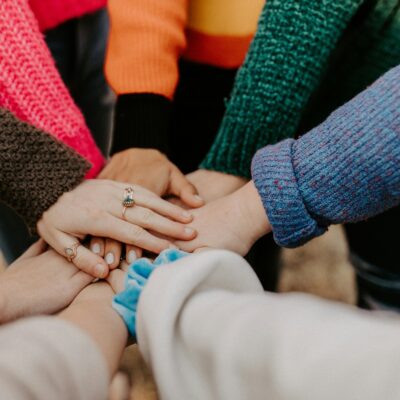Everyone needs a mentor
For years, I have looked up to my baseball coaches and many of them have been my mentors. I grew up without a dad and this absence has created a pull towards many of my male coaches. When I was younger, I was hard to coach and talked back to my coaches. As my baseball ability and knowledge grew, so did my frustration with those who made mistakes. That’s where Coach Dave came in. After many hard conversations that often ended with me in tears, I began to understand the all-important connection between teammates and the impact of a coach-player relationship. In the simplest terms, Coach Dave taught me respect: for myself, for my teammates, and definitely for him. No matter how inclined I was to listen to my teachers, Dave’s words always seemed clearer because he spoke a language that both of us could understand; he spoke baseball.
Mentorships are some of the most important and beneficial relationships that people can experience in childhood and throughout life. We all need guidance no matter who we are or our background. As a freshman in high school, the feeling of having no direction and feeling like I’m floating around trying to figure things out isn’t new to me. My mentors, some of whom are teachers, coaches, and even friends’ parents, have been incredibly helpful in keeping me grounded and clear about where I am headed.
When I think about mentors, I think of someone with whom I have a strong bond, can find common ground with, and can depend on for advice and help when I need it. I’ve experienced the power of a strong mentor connection and have learned that the impacts of mentorships are very clear-cut. According to Youth.gov, youth with mentors showed an increase in both high school graduation and college application rates. Not only does mentoring help out kids academically, but mentorships also strengthen relationships. Dave Shapiro, President and CEO of Greater Boston YMCA said, “The most common denominator across research and narrative is healthy relationships between kids and adults. You know, in terms of healthy development, it’s a buffer for adversity.” The way to give our communities’ youth healthy development is through authentic and healthy relationships. I believe – and the research shows – mentorships are where these relationships are found.
Sports are an incredible way to forge connections with adults and find mentorships. I know from personal experience that the relationship between a coach and a player can be a powerful bond, and mentorships in these relationships can be extra special. A shared love of sports immediately helps with finding a connection with a mentor. Kids are able to relate to shared dreams that a coach might have had and the connection built through hours working with that coach forms a tight bond. Sports are all about improving ourselves and making ourselves better. When faced with physical or mental obstacles, we have to push through to succeed. With our coaches and sports mentors helping us with support and sometimes some tough love we are able to succeed and use these strategies and perseverance to help us be more successful in other patterns of life as well such as school work, friendships, and overall focus skills.
There are so many things in our lives that we aren’t able to control. Hardships will come our way no matter how we play our cards, so the best thing that we can do is equip ourselves to deal. Steph Lewis President of the Base an organization that uses sports to help youth with academics and career development said about his experience with mentorships “I think that the best mentorship is allowing young folks to sort of go through the world as they see it… knowing that they have the support of others that have their back.” To understand that you have someone behind you to catch you if you fall is a reassuring feeling, to say the least. It surely inspires us to take risks and be ourselves. The best thing that we can do as a community is to work hard to give access to mentorships both in sports and in other spheres of life. We need to take inspiration from organizations like the Base and the YMCA and support these powerful institutions by donating and even volunteering. I’ll leave you with some profound words from Lewis about the essential value of mentorships: “How do you continue to embrace people for who they are and accept them for who they are? Understanding that’s what makes the beauty of this whole thing.”







